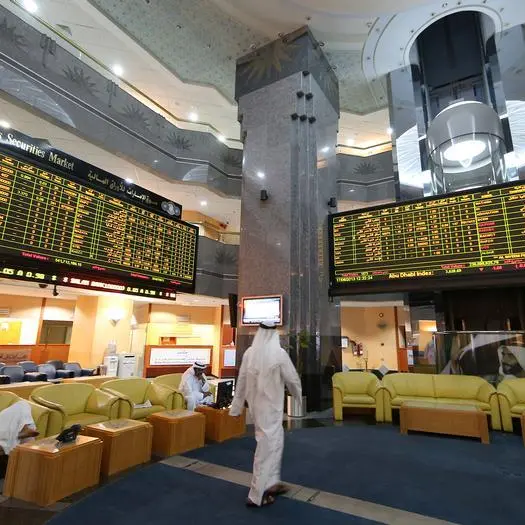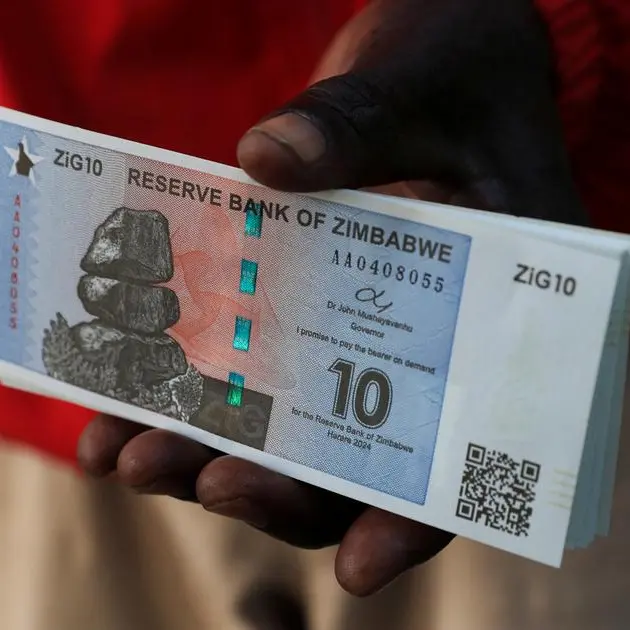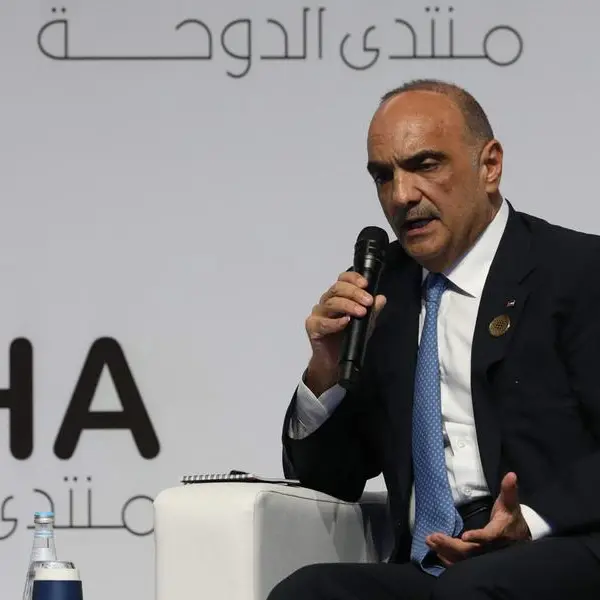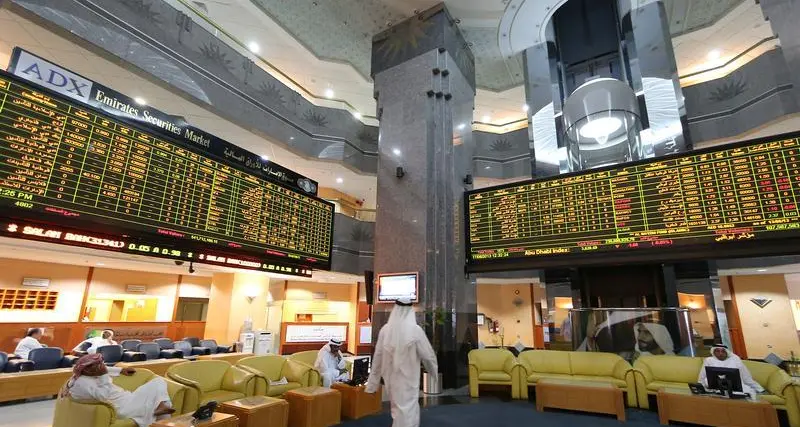PHOTO
The coronavirus pandemic has already been hard on everyone but the worse isn’t over yet, with financial analysts in the UAE predicting a wave of business failures and a period of flat spell prior to economic recovery.
In a member survey by CFA Institute, the global association of investment professionals, 40 percent of the respondents in the country said they expect “large-scale bankruptcies” as a result of the outbreak, although many of them (47 percent) are forecasting a medium-term “hockey stick” shaped economic recovery, which implies some level of stagnation for the next two to three years.
The majority of investment professionals in the emirates (94 percent) are also wary that the crisis could increase the chances of specific asset mispricing due to liquidity dislocation and the government intervention potentially influencing natural market pricing. Half of them also expressed concern that the pandemic could result in unethical actions in the investment management industry.
CFA’s survey is part of a new report and it seeks to analyze the impact of the pandemic on the global economy, the capital markets and the investment management industry. More than 13,000 members in various countries, including the UAE, have responded to the survey.
The disruptions caused by the pandemic has decimated revenues of many businesses in various industries, from aviation, transport to hospitality and retail. Millions of people have already lost jobs and some companies have already closed shop for good.
The International Monetary Fund (IMF) projected in its April 2020 outlook report that the global economy would decline by 3 percent in 2020.
In CFA’s survey, most finance professionals suggest that liquidity is a problem for many companies in the UAE at the moment, with 42 percent of the respondents saying they believe liquidity is down and a further 26 percent said that liquidity “was going down.” However, they believe that Central bank intervention has stabilized the markets.
Only a small proportion of the respondents think that there is “severe liquidity shock,” which could result in fire sales and dislocation.
When asked about the intervention of governments and central banks, the majority of finance professionals in the UAE (60 percent) said the swift and powerful response globally was necessary, yet it will not be sufficient.
“The intervention will need to continue to sustain the economy for an extended period of time,” CFA said.
In terms of regulatory response, most respondents (88 percent) believe that companies that receive emergency relief during the pandemic should not be obligated to pay dividends or compensate executives with bonuses.
Many (63 percent) are also not in favor of a ban on short-selling, while 87 percent pushed for a review of exchange-traded funds (ETFs) activity during the crisis, to determine the nature of their potential systemic impact.
(Writing by Cleofe Maceda; editing by Seban Scaria)
#UAE #CFA #COVID-19 #Busines
Disclaimer: This article is provided for informational purposes only. The content does not provide tax, legal or investment advice or opinion regarding the suitability, value or profitability of any particular security, portfolio or investment strategy. Read our full disclaimer policy here.
© ZAWYA 2020











